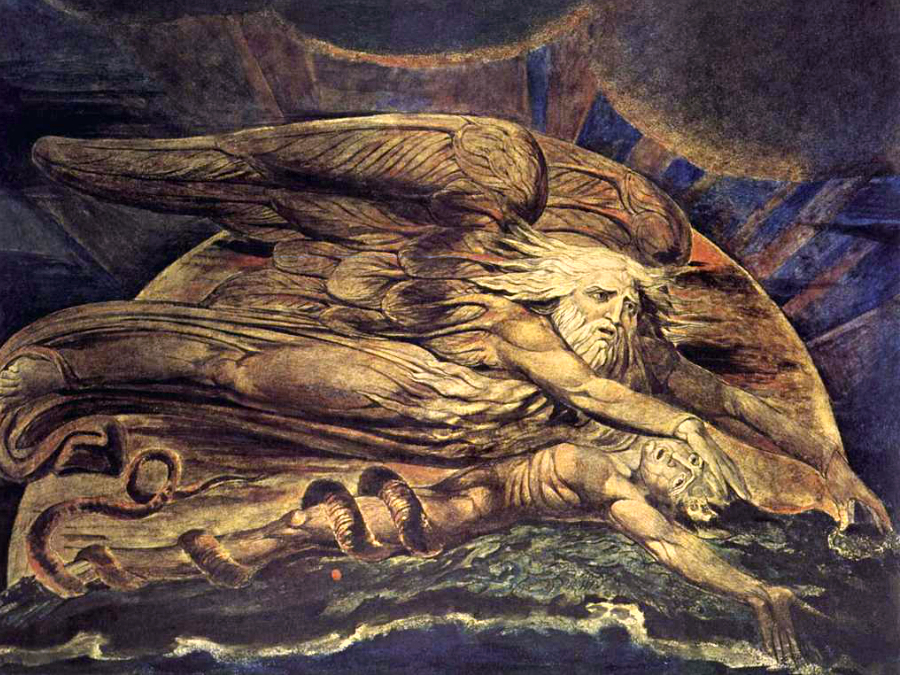
Leadership And The Monarchy
June 6, 2022
The beginning of the Bible on why we are made like this
June 17, 2022The best conversations begin in the ordinariness of a moment. A table conversation, even among people who know each other well, will often take time to get going. There are silences, some of them appreciative of the food or the surroundings. Some of them comfortable, as those that take for granted the basic trust that exists between all parties present. Others less comfortable, when the trust isn’t completely there, or there is an awkwardness of some kind begging for a distraction from this precise moment. A child or a dog sometimes comes in useful in such situations. They break the silence and diffuse the attention. When this kind of silence breaker is allowed free reign it can take over the meal and render conversation meaningless or simply impossible. But sometimes, perhaps with the help of a glass of credible rioja, the silence is transformed by a chance remark or question that brings out the best in one, or all, of the parties present.
Apart from gossip, which can only take a conversation so far before everyone relapses into either boredom or guilty silence, there are only two topics that stand a chance of sustaining good conversation: politics and God. I could add a third: the Church – which encompasses both politics and God in equal measure. We had one of these conversations last night. It took a while to get going and only really did so as a result of a deliberately ‘planted’ question having to do with how long one of us thought Boris Johnson was going to last.
The conversation began with “So”, as such conversations often do. But Johnson’s projected political longevity, along with that of his cronies, did not take us very far. We moved on pretty quickly to humanity’s capacity for goodness, or its opposite, and from there to how the individual is, or is not, in control of all their decisions and capable of achieving the best by himself or herself without any outside intervention or help. This was the theologian’s opportunity to get in there with, it must be admitted, something of a Machiavellian intent. We were really talking about Pelagianism, that old and very English heresy, re-enshrined in English society by Margaret Thatcher. We make good only through our own efforts. We pull ourselves up by our boot strings and get on with it. We are in control.
We agreed that there is good in most people, even the worst. Jean Valjean, the hero of ‘Les Misérables’ served as a classic example of the transformation of evil into goodness in the heart of a person whose life had been given over to crime. The sticking point for one of us was how this transformation is, or was, effected. The answer, to my way of thinking, was ‘through grace’. At this point it was tempting to jump straight in with talk of prevenient grace, that divine goodness that lies latent in the heart of every human being, but to say that would have been too direct a way of speaking. It was important to find other more comprehensive ways of talking about this vitally important subject without losing track of it altogether. It was difficult to know what to say and when to say it. But one thing some of us were certain of is that we wanted this reality-concept of grace to not only be understood by the other person at the table but ‘realised’ in every sense of the word.
At one point, or perhaps just before the conversation got under way, our neighbour’s sheep strayed into our field, so two of us had to leave the table and try to corral them into the field next door before they did terminal damage to our newly planted flowers and trees in tubs. Were we later trying to corral our conversation partner? Perhaps. Was this justified? Perhaps. We wanted him to know his own prevenient grace and that he did not need to work at it or earn it. We wanted him to know it was already there for the asking, but it would have been mad to say that, since the idea that grace might be a freely given gift from a loving God, especially as God is understood in Judeo-Christian terms, was anathema to our conversation partner. The Church, he claimed (possibly rightly), was a construct, along with other organised religions. The difficulty for the rest of us lay in not letting him hide behind the sins of institutionalised religion as a means of evading this reality of the free gift of grace from a loving God.
The sheep, minutes before, had been hiding behind the cars in order to evade our amateur shepherding efforts. They succeeded in the end. But that is where the similarity between the sheep situation and ours ends. Good conversations do not end with one person or group triumphing over the other, having corralled the other into submission, having had the last word, proving something, or escaping the real issue under discussion. They end with renewed understanding distributed in equal measure between all the parties involved, as happened last night. They prepare the way for more conversations. I would call this the activity of grace.





3 Comments
What a really insightful post. That grace deeply informs humankind is important to grasp, particularly when the church construct (and I think you are right, our several traditions are theological constructs) gets skewed.
[Pelagiarism : I copied it myself without the help of God]
KC
I like what you say Lorraine, we often make things far too complicated.
Regards, B/ill Barnett.
‘Pelagianism, that old and very English heresy’ I think Pelagius was Welsh, but even so he’s just one side of the argument about original sin and there is plenty of anthropological to support of a view that human societies survived for thousand of years without the notion that they were inherently bad.